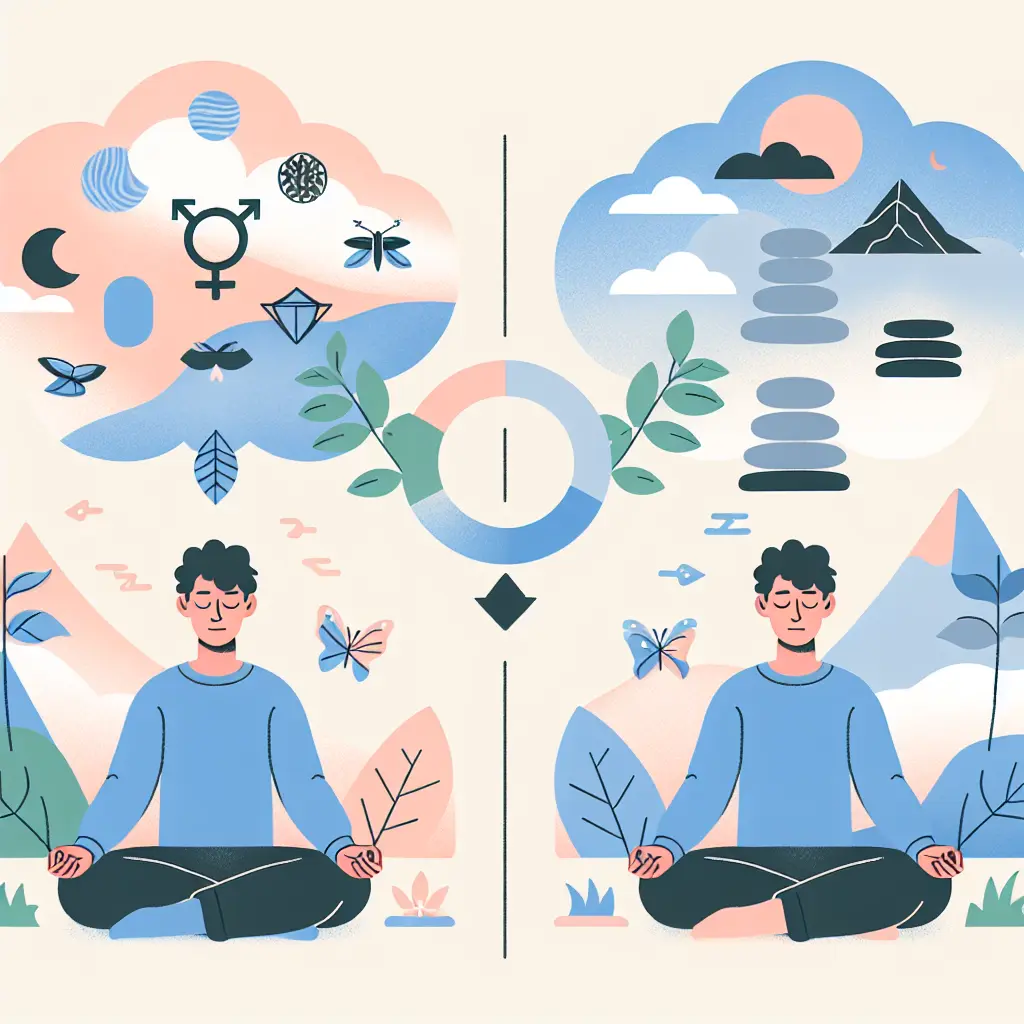
In the fast-paced rhythm of modern life, it's becoming increasingly essential to find effective strategies for managing stress and improving our overall well-being. Among the myriad of methods available, mindfulness meditation stands out as a particularly effective tool. This practice not only enhances mental health but also significantly impacts sleep quality. Here, we will explore how mindfulness meditation influences sleep and mental health, integrating recent developments in integrated healthcare and societal events that underscore its importance.
Mindfulness meditation, a practice rooted in ancient traditions, involves paying deliberate, nonjudgmental attention to the present moment. Its benefits span psychological well-being, stress reduction, and anxiety management. Notably, it has been adopted in various healthcare settings as part of pioneering integrated healthcare approaches. These modern medical models emphasize the connection between mind and body, offering meditation as a complementary treatment to improve patient outcomes across various conditions including insomnia treatment and mental health disorders.
Recent studies have shown that mindfulness meditation can directly improve sleep quality. Techniques such as guided imagery or body scan meditations help ease the mind into a state conducive to deep sleep. This is particularly relevant in our current high-stress environment, where mental overstimulation is common. The National Sleep Foundation underscores meditation's role in transitioning the brain from a state of wakefulness to one that is ready for sleep, making it an effective insomnia treatment.
Moreover, the effectiveness of mindfulness for mental health cannot be overstated. Regular meditation practice has been linked to enhanced emotional regulation and resilience, reducing symptoms of anxiety and depression. This is critical in light of recent societal stressors such as the long-term community rebuilding efforts in places like Jasper, as reported by former Slave Lake mayor. The sense of ongoing strain can severely impact mental wellness, and communities are finding solace in shared mindfulness practices that offer psychological relief and foster a sense of connectedness.
The meditation benefits also extend into less conventional areas. For instance, the recent 'Rawdogging Flight Trend' on TikTok, which involves traveling without basic comforts like phones, sleep, or water, highlights a bizarre counterpoint to mindfulness. This trend underscores a departure from mindfulness by promoting endurance of discomfort rather than engaging in relaxation techniques that enhance well-being. It serves as a reminder of the importance of nurturing our mental and physical health through more scientifically supported means like meditation.
Furthermore, public figures like Jackie Calmes discussing the mental state of leaders such as former President Trump bring another layer of relevance to mindfulness meditation. Such discussions about mental health in leadership underscore the necessity for sound mental wellness practices - meditation being among the most accessible and effective.
Incorporating meditation into daily routines can be quite simple with numerous meditation techniques available. Beginners might start with just a few minutes per day, focusing on their breath or engaging in mindfulness exercises that help anchor them in the present moment. As one progresses, more structured practices like mindfulness-based stress reduction (MBSR) programs can be beneficial. These programs often blend meditation, body awareness, and yoga to help people become more mindful.
An interesting development in the field of mindfulness and health is its integration into digital health platforms, which have begun to include guided meditations and related content aimed at stress reduction and sleep improvement. These platforms make meditation accessible to a broader audience, providing tools that were once available only in specialized settings.
Despite these advancements, challenges remain in broadening the acceptance of meditation and mindfulness practices. Skepticism still exists, particularly among those who view meditation as merely a temporary trend rather than a substantiated health practice. However, ongoing research continues to support its efficacy, making it an integral part of discussions about public health strategies.
As we look toward future applications of mindfulness practices, their potential in enhancing community resilience is particularly promising. As seen in Jasper's rebuilding efforts following devastating events, fostering a communal sense of mindfulness can play a crucial role in long-term recovery and stability. Such applications highlight the adaptability and relevance of mindfulness techniques in varied contexts – from individual health to community recovery.
In conclusion, mindfulness meditation offers profound benefits for both sleep quality and mental health. Its role in modern healthcare continues to evolve, addressing everything from everyday stress and insomnia to community-wide psychological resilience. As we continue navigating these challenging times, embracing mindfulness could not only enhance individual well-being but also strengthen our collective capacity to face future adversities.
Thank you for joining me on this exploration of how mindfulness can transform our lives from the inside out. May we all find peace and restfulness in our journeys toward better sleep and mental health.
Warm regards,
Derek Lawson